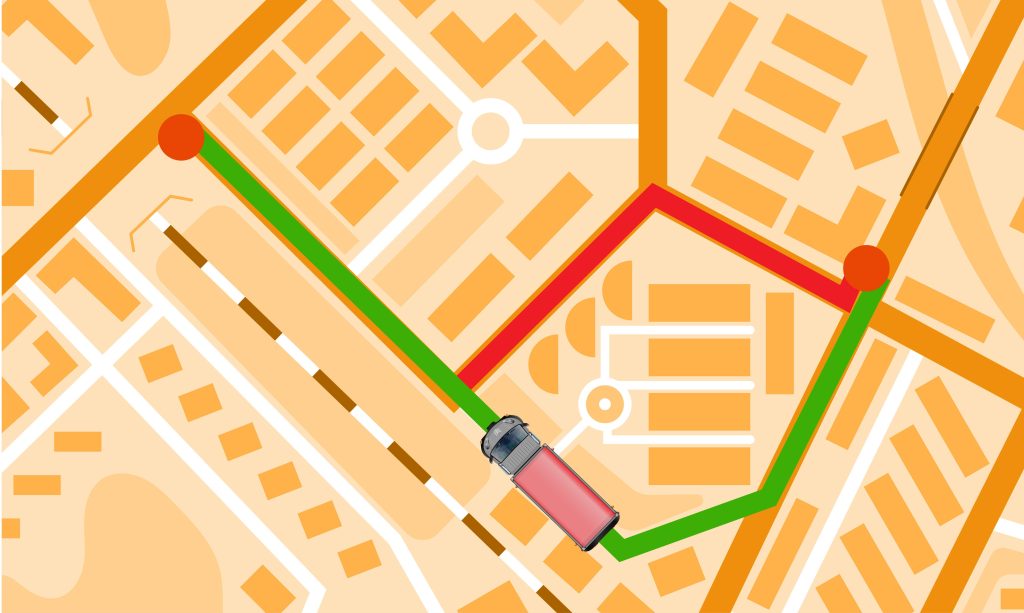In the world of logistics, efficiency is paramount. Every mile saved, every gallon spared, contributes not only to the bottom line but also to environmental sustainability. One of the key areas where efficiency can be drastically improved is in route planning for fuel efficiency.
Traditional Route Planning vs Smart Route Planning
Traditional route planning often prioritises the shortest distance between two points. While this approach may seem logical at first glance, it doesn’t always result in the most fuel-efficient route. Factors such as traffic congestion, road conditions, elevation changes, and even weather can significantly impact fuel consumption.
To optimise route planning for fuel efficiency, logistics companies are turning to advanced technologies and data analytics. One such technology is route optimization software, which uses algorithms to analyse various factors and generate the most fuel-efficient routes. These algorithms take into account not only distance but also real-time traffic data, road inclines, speed limits, and fuel consumption rates specific to different vehicle types.
By leveraging route optimization software, logistics companies can minimise fuel consumption and reduce carbon emissions. For example, rather than taking the shortest route, the software may suggest alternative routes that avoid heavy traffic or steep inclines, resulting in smoother and more fuel-efficient journeys.
In addition to route optimization software, the use of telematics and GPS tracking devices enables real-time monitoring of vehicle performance and fuel consumption. By collecting data on driving behaviour, idling time and engine efficiency, logistics companies can identify areas for improvement and implement strategies to further enhance fuel efficiency. Read more on traceability and visibility in logistics for sustainability: https://dahnay.com/visibility-and-traceability-in-logistics-and-supply-chain/

The revolution in logistics extends beyond software solutions. The rise of alternative fuels and eco-friendly vehicles is reshaping the industry landscape in reducing fuel consumption in logistics operations. Electric and hybrid vehicles, powered by renewable energy sources, offer promising alternatives to traditional diesel trucks with lower operating costs and reduced carbon emissions compared to traditional diesel trucks.
Note: A single electric truck can save up to 20,000 gallons of diesel fuel over its lifetime, significantly reducing carbon emissions and operating costs.
Optimising route planning for fuel efficiency is essential for modern logistics operations. By leveraging advanced technologies, data analytics, and alternative fuels, logistics companies can minimise fuel consumption, reduce carbon emissions, and ultimately improve their bottom line. As the industry continues to evolve, embracing innovation and sustainability will be key to achieving long-term success in logistics.



